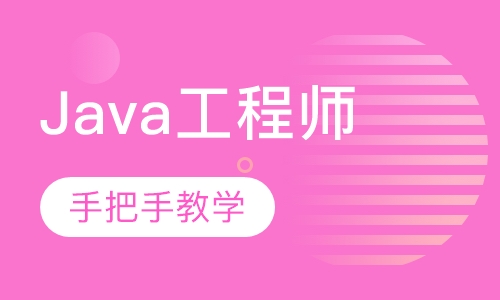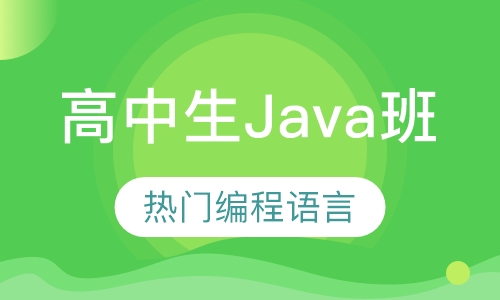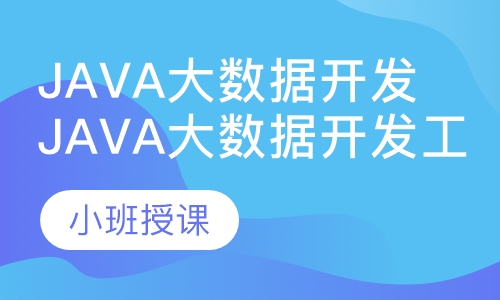深圳达内教育java培训机构小编分享的“JAVA中异常与异常处理详解”的内容太长,请看上文:http://www.bjpowernode.com/javazixun/1828.html
Java自定义异常
如果要自定义异常类,则扩展Exception类即可,因此这样的自定义异常都属于检查异常(checked exception)。如果要自定义非检查异常,则扩展自RuntimeException。
按照国际惯例,自定义的异常应该总是包含如下的构造函数:
一个无参构造函数
一个带有String参数的构造函数,并传递给父类的构造函数。
一个带有String参数和Throwable参数,并都传递给父类构造函数
一个带有Throwable 参数的构造函数,并传递给父类的构造函数。
下面是IOException类的完整源代码:
public class IOException extends Exception
{
static final long serialVersionUID = 7818375828146090155L;
public IOException()
{
super();
}
public IOException(String message)
{
super(message);
}
public IOException(String message, Throwable cause)
{
super(message, cause);
}
public IOException(Throwable cause)
{
super(cause);
}
}
Java异常的注意事项
1、当子类重写父类的带有 throws声明的函数时,其throws声明的异常必须在父类异常的可控范围内——用于处理父类的throws方法的异常处理器,必须也适用于子类的这个带throws方法 。这是为了支持多态。
例如,父类方法throws 的是2个异常,子类就不能throws 3个及以上的异常。父类throws IOException,子类就必须throws IOException或者IOException的子类。
示例:
class Father
{
public void start() throws IOException
{
throw new IOException();
}
}
class Son extends Father
{
public void start() throws Exception
{
throw new SQLException();
}
}
class Test
{
public static void main(String[] args)
{
Father[] objs = new Father[2];
objs[0] = new Father();
objs[1] = new Son();
for(Father obj:objs)
{
//因为Son类抛出的实质是SQLException,而IOException无法处理它。
//那么这里的try。。catch就不能处理Son中的异常。
//多态就不能实现了。
try {
obj.start();
}catch(IOException)
{
//处理IOException
}
}
}
}
2、Java程序可以是多线程的。每一个线程都是一个独立的执行流,独立的函数调用栈。如果程序只有一个线程,那么没有被任何代码处理的异常 会导致程序终止。如果是多线程的,那么没有被任何代码处理的异常仅仅会导致异常所在的线程结束。
也就是说,Java中的异常是线程独立的,线程的问题应该由线程自己来解决,而不要委托到外部,也不会直接影响到其它线程的执行。
finally块和return
首先一个不容易理解的事实:在 try块中即便有return,break,continue等改变执行流的语句,finally也会执行。
public static void main(String[] args)
{
int re = bar();
System.out.println(re);
}
private static int bar()
{
try{
return 5;
} finally{
System.out.println("finally");
}
}
很多人面对这个问题时,总是在归纳执行的顺序和规律,小编总结了一个方法。用如下GIF图说明。
也就是说:try...catch...finally中的return 只要能执行,就都执行了,他们共同向同一个内存地址(假设地址是0x80)写入返回值,后执行的将覆盖先执行的数据,而真正被调用者取的返回值就是最后一次写入的。那么,按照这个思想,下面的这个例子也就不难理解了。
finally中的return 会覆盖 try 或者catch中的返回值。
public static void main(String[] args)
{
int result;
result = foo();
System.out.println(result); /////////2
result = bar();
System.out.println(result); /////////2
}
@SuppressWarnings("finally")
public static int foo()
{
trz{
int a = 5 / 0;
} catch (Exception e){
return 1;
} finally{
return 2;
}
}
@SuppressWarnings("finally")
public static int bar()
{
try {
return 1;
}finally {
return 2;
}
}
finally中的return会抑制(消灭)前面try或者catch块中的异常
class TestException
{
public static void main(String[] args)
{
int result;
try{
result = foo();
System.out.println(result); //输出100
} catch (Exception e){
System.out.println(e.getMessage()); //没有捕获到异常
}
try{
result = bar();
System.out.println(result); //输出100
} catch (Exception e){
System.out.println(e.getMessage()); //没有捕获到异常
}
}
//catch中的异常被抑制
@SuppressWarnings("finally")
public static int foo() throws Exception
{
try {
int a = 5/0;
return 1;
}catch(ArithmeticException amExp) {
throw new Exception("我将被忽略,因为下面的finally中使用了return");
}finally {
return 100;
}
}
//try中的异常被抑制
@SuppressWarnings("finally")
public static int bar() throws Exception
{
try {
int a = 5/0;
return 1;
}finally {
return 100;
}
}
}
finally中的异常会覆盖(消灭)前面try或者catch中的异常
class TestException
{
public static void main(String[] args)
{
int result;
try{
result = foo();
} catch (Exception e){
System.out.println(e.getMessage()); //输出:我是finaly中的Exception
}
try{
result = bar();
} catch (Exception e){
System.out.println(e.getMessage()); //输出:我是finaly中的Exception
}
}
//catch中的异常被抑制
@SuppressWarnings("finally")
public static int foo() throws Exception
{
try {
int a = 5/0;
return 1;
}catch(ArithmeticException amExp) {
throw new Exception("我将被忽略,因为下面的finally中抛出了新的异常");
}finally {
throw new Exception("我是finaly中的Exception");
}
}
//try中的异常被抑制
@SuppressWarnings("finally")
public static int bar() throws Exception
{
try {
int a = 5/0;
return 1;
}finally {
throw new Exception("我是finaly中的Exception");
}
}
}
注意:
不要在fianlly中使用return。
不要在finally中抛出异常。
减轻finally的任务,不要在finally中做一些其它的事情,finally块仅仅用来释放资源是最合适的。
将尽量将所有的return写在函数的最后面,而不是try ... catch ... finally中。
以上就是深圳达内教育Java培训机构小编介绍的“JAVA中异常与异常处理详解”的内容,希望对大家有帮助,更多Java最新资讯请继续关注深圳达内教育Java培训机构官网,每天会有精彩内容分享与你。
相关视频教程推荐
java初级入门教程下载——Java自定义异常:http://www.bjpowernode.com/xiazai/1023.html
java初级入门教程下载——异常捕获预处理:http://www.bjpowernode.com/xiazai/2555.html









